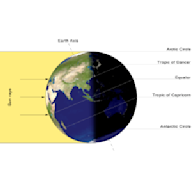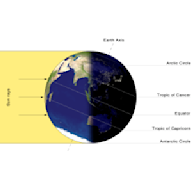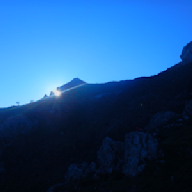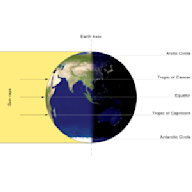Search results
Summer Solstice 2024
- Thursday, June 20 (in 8 days)
- Thursday, June 20
People also ask
When is the summer solstice?
Which hemisphere has a summer solstice?
When is summer solstice 2023?
What happens during the summer solstice?
The summer solstice occurs during the hemisphere's summer. In the Northern Hemisphere, this is the June solstice (20 or 21 June) and in the Southern Hemisphere, this is the December solstice (21 or 22 of December). Since prehistory, the summer solstice has been a significant time of year in many cultures, and has been marked by festivals and ...
News about summer solstice, June 20, daylight decreasing
News about summer solstice, Rochester, astrology
News about Kroger, summer solstice, coupon
Also in the news
The start of summer and the summer solstice are celebrated in cultures and religions around the world with various traditions, holidays, and festivals. Summer festivals: Midsummer, Epona, and a celebration of femininity. Summer Months. In the Northern Hemisphere, astronomical and meteorological summer runs from June to September.
summer solstice, the two moments during the year when the path of the Sun in the sky is farthest north in the Northern Hemisphere (June 20 or 21) or farthest south in the Southern Hemisphere (December 21 or 22). What causes the seasons? In many parts of the world, weather cycles through the four seasons like clockwork: spring, summer, autumn ...
- The Editors of Encyclopaedia Britannica
Sep 26, 2022 · The summer solstice marks the longest day of the year and is celebrated around the world. The summer solstice for the Northern Hemisphere occurs on June 20, 2024, and the summer solstice for the ...
Aug 10, 2017 · The summer solstice is the longest day of the year, and the shortest night. In the Northern Hemisphere it takes place between June 20 and 22, depending on the year. In 2023, summer solstice occurs ...
May 17, 2024 · On the summer solstice, the Northern Hemisphere is tilted toward the sun, receiving the full glare of the sun's rays — which means the longest day of the year. At the North Pole, the sun ...
On the summer solstice, the Northern Hemisphere receives more sunlight than on any other day of the year—but that doesn't mean the first day of summer is also the hottest. Earth's oceans and ...












